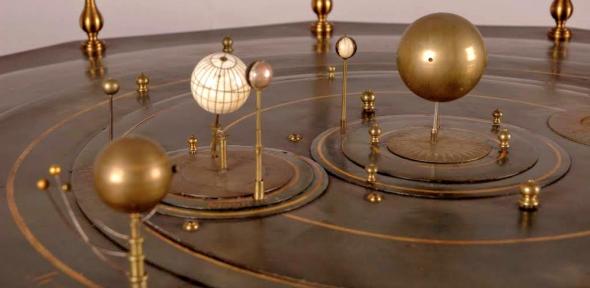
‘Nothing more important for the linking of the sciences and humanities’: archives from the Department of History and Philosophy of Science
Excavated from a basement store last December, archives from the Department of History and Philosophy of Science (HPS) are now catalogued as part of the University Archives.
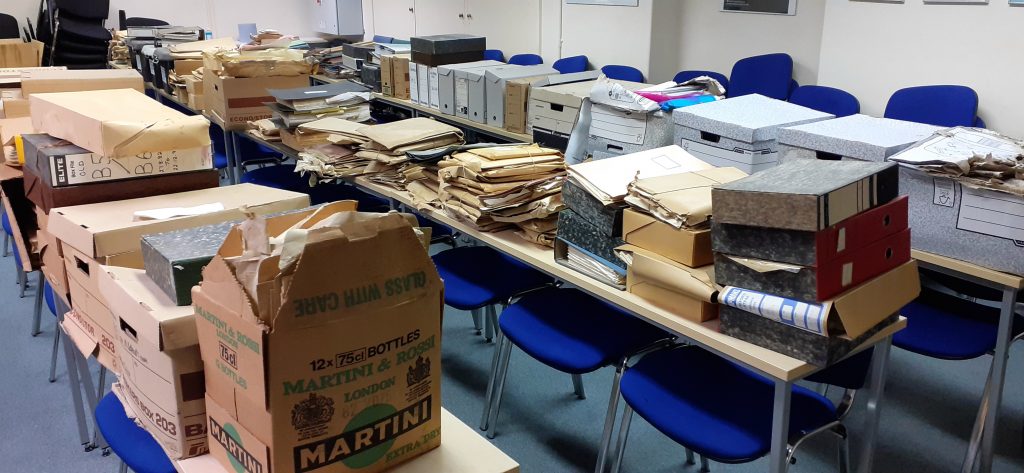
The department developed around the Whipple Collection of Scientific Instruments and Books as a result of sustained initiatives to bring teaching of the subject to scientists and others. Cambridge was among the first Universities to explore the interdisciplinary subject.
Scientist advocates Joseph Needham (1900-1995) and Walter Pagel (1898-1983) launched a lecture series under the auspices of the Faculty Boards of Biology, and Physics and Chemistry in 1936. In the same year, the Cambridge Philosophical Society organised an exhibition of the University’s historic apparatus, models, manuscripts, and images. Local industrialist Robert Steward Whipple presented his own collection together with an endowment fund in 1944, on the condition that the University set up a museum for the lot, fully integrated with teaching and research. Accommodation was provided in Corn Exchange Street 1951-9 and Perse Hall on Free School Lane, newly vacated by the Department of Physical Chemistry, from 1959 onwards.
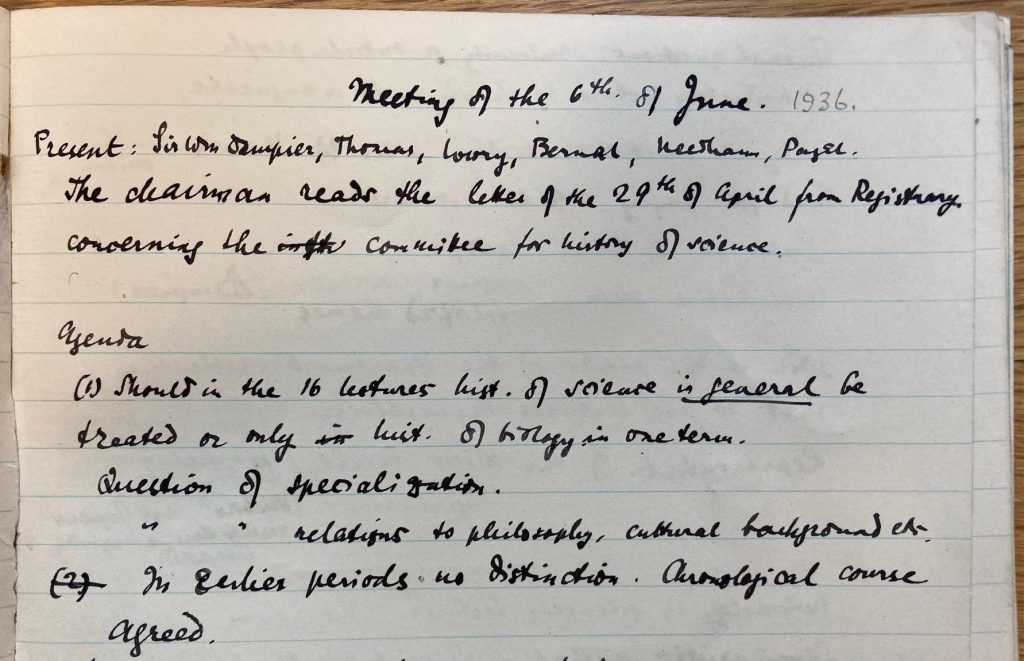
In 1946, the History of Science Committee was established, chaired by historian Herbert Butterfield (1900-1979) and given broad control of teaching and collections. Its name changed to the History and Philosophy of Science Committee in 1956 on amalgamation with the Committee of Management for the subject History and Philosophy of Science in the Natural Sciences Tripos. The department was created in 1972, as a department under the direction of the General Board of the Faculties, governed by a Syndicate. The Wellcome Unit for the History of Medicine, funded by the Wellcome Trust, which had been established the year before, became a sub-department. In 1996 the Syndicate was replaced by a Board. The Wellcome Unit closed in 1998.
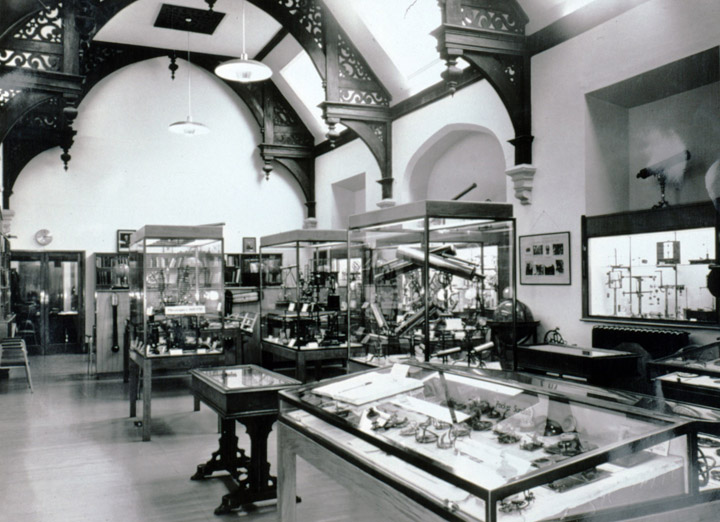
Initially, from 1951 onwards, teaching was part of Part I of the Natural Sciences Tripos, as the honours BA is known. In 1959, a Certificate in History and Philosophy of Science taught to third year undergraduates was created and with the reform of the tripos in the mid-1960s this became a complete Part II within the Natural Sciences Tripos. A course for postgraduates, begun as a Diploma in 1971, became the MPhil in History and Philosophy of Science in 1977. As an interdisciplinary field, the nature and content of courses, lectures and research have been vigorously debated among academics in both Humanities and Sciences down the decades.
The first lecturer in Philosophy of Science was Norwood Russell Hanson (1924-1967) of the Department of Philosophy, appointed in 1953. He was replaced in 1957 by Gerd Buchdahl (1914-2001). Of pre-eminent importance in the development of the discipline, Buchdahl was Secretary of the History and Philosophy of Science Committee from 1959-74 and, from 1972, the first Head of Department. He was made a reader in 1966 and retired in 1981. Other individuals appointed to lectureships in the 1960s and 70s included Mary Hesse (1924-2016), Robert Young (1935-2019), Peter Harman (1943-2014) and Nick Jardine. The first part-time curator of the Whipple Museum was A. Rupert Hall (1920-2009). Michael Hoskin (1930-2021) replaced him in 1959 and was succeeded by David Bryden in 1969.
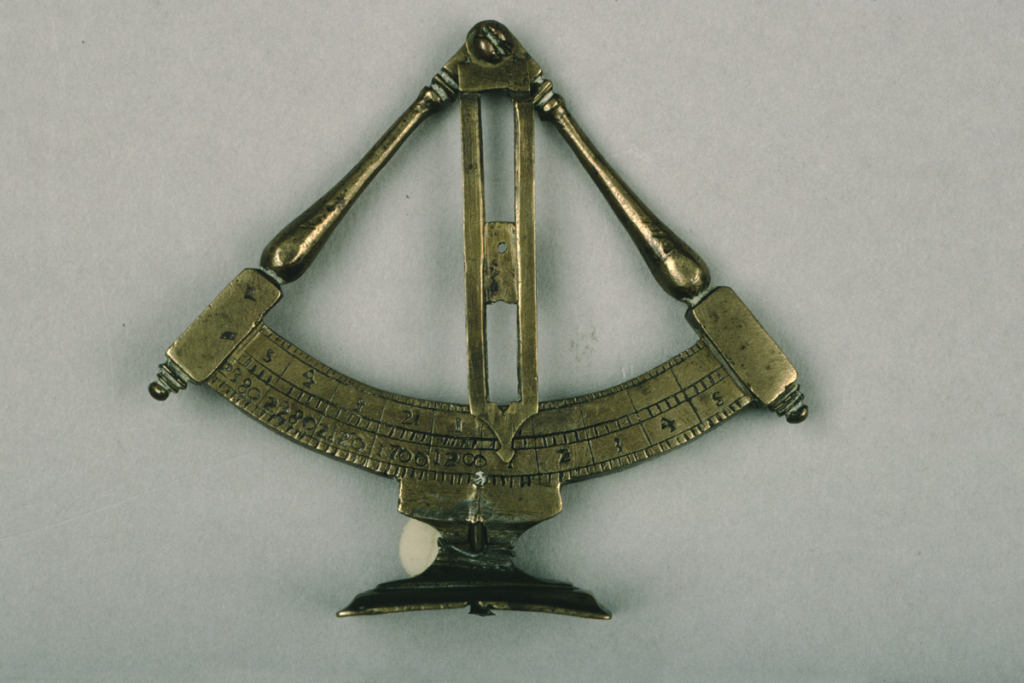
The first enthusiasts for the subject proposed the creation of a department in 1945. In the years before the realisation of that status in 1972, the challenge was always one of limited office and lecture space, financial resources and institutional recognition. Gerd Buchdahl later recounted that his wife had done the typing in the early years; describing makeshift arrangements in which the key to survival was ‘thick-skinned doggedness’ [1]. ‘I am mystified’ he wrote to the central administration in 1961 when a letter clearly addressed to History and Philosophy of Science Committee, Cambridge University, had been delivered by the University’s Messenger Service to the secretary of a student club. ‘It should surely be known … by now that the History and Philosophy of Science is a University body, set up 10 years ago to administer the History and Philosophy of Science in this University’ [2].
Minimal secretarial assistance in the early years has left its mark on the records. There are gaps in key records series, such as minutes and papers of the governing committee, later syndicate, and those that survive may be found in the undifferentiated sequence of Committee Secretary’s papers rather than in stand-alone minutes files. A subject file sequence established in the early 1960s was soon abandoned through lack of time to file. Instead, Buchdahl would periodically empty his desk into labelled envelopes (‘Teaching’, ‘Personal letters’). These groupings have been retained in the catalogue as a reflection of working methods.
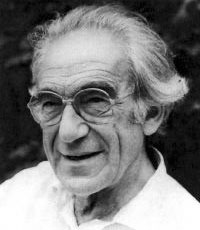
These caveats aside, records exist for every period of Cambridge HPS. There are, for example, minutes of the 1936 lectures committee, alongside a war-time letter from Joseph Needham in China outlining an ambitious programme of expansion and investment. There are large quantities of records relating to course design from the 1950s onwards and teaching materials from the 1960s and 1970s. There are also more recent papers relating to the mid-1990s’ investigation and removal of mercury contamination in old Cavendish Laboratory, HPS’ next door neighbour.
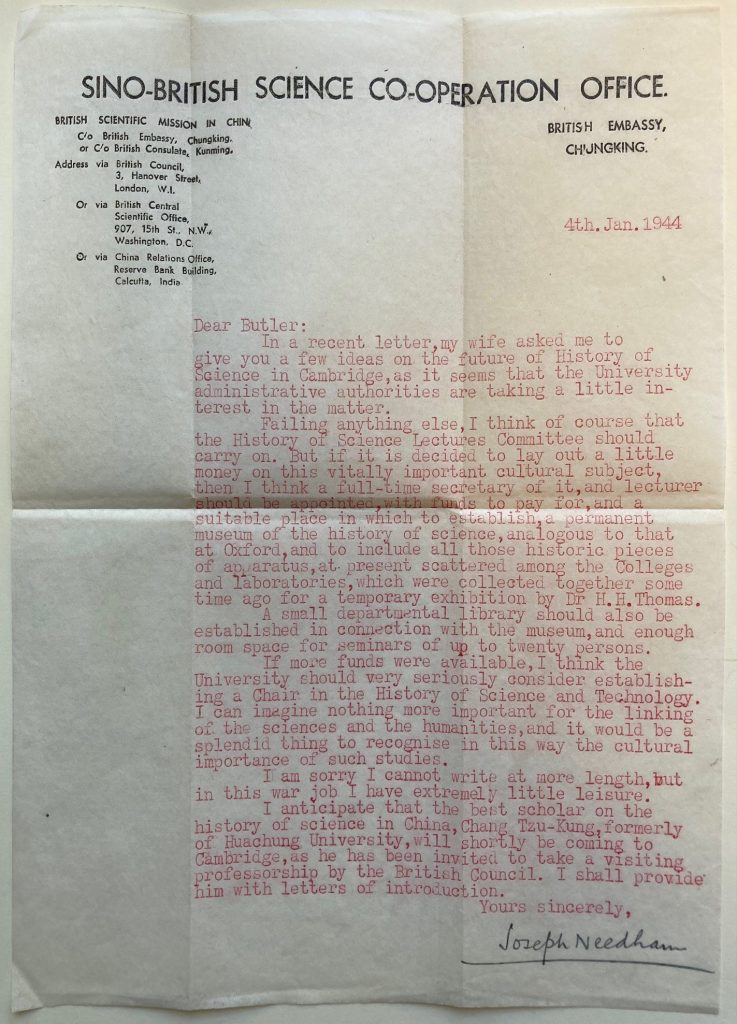
A note on what’s not in the archive: most administrative records of the Whipple Museum and Library have been retained by current administrators. The Gerd Buchdahl Collection is in the Whipple Library, as are personal papers of Mary Hesse, Michael Hoskin and Peter Bowler. The personal papers of Michael Redhead, Professor of History and Philosophy of Science 1987-96, are at the London School of Economics Library.
A note finally on other records essential to the understanding of Cambridge HPS among the archives of the Department of Archives and Modern Manuscripts at Cambridge University Library: in the University Archives, scholars should consult the subject files of the General Board of the Faculties. There are also important records in the personal paper collections of Herbert Butterfield and Joseph Needham, see MS Butterfield C1-C115 and MS Needham B1-B388.
Archives at Cambridge University Library are consulted in the Manuscripts Reading Room. Come one, come all!
Footnotes
[1] in a lecture in 1989, HPS 1/11/19
[2] HPS 1/8/1

I am researcher from Bucharest of the life and work of Gilbert Ryle.
He was closely related and a friend of NR Hanson. I wonder if among the papers held in your Archives survived items which attest their relationship. For example on 9th of March 1953 Hanson attended a talk given by Ryle to Cambridge Moral Sciences Club. I guess that Hanson attended Ryle’s Tarner lectures for Trinity from January – March the same year.
I will be grateful to you if you will share with me any such item you may find!